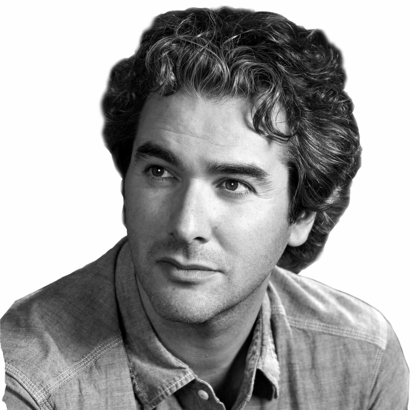If, during your annual checkup, your doctor were to admit to having been influenced in their medical thinking by the deviant beat writer and heroin junkie William S. Burroughs, you might be a little wary of taking their prescription. But what if that doctor were Professor Andrew Lees, a legendary neurologist and one of the world’s foremost authorities on Parkinson’s disease?
My father was one of Lees’s patients. He had always had a deep distrust of the medical profession, but he came back from these appointments strangely revivified. “That Professor Lees is a fascinating man,” he would tell me. He took the medicines Lees prescribed, but perhaps the most effective one on offer was the doctor himself.


